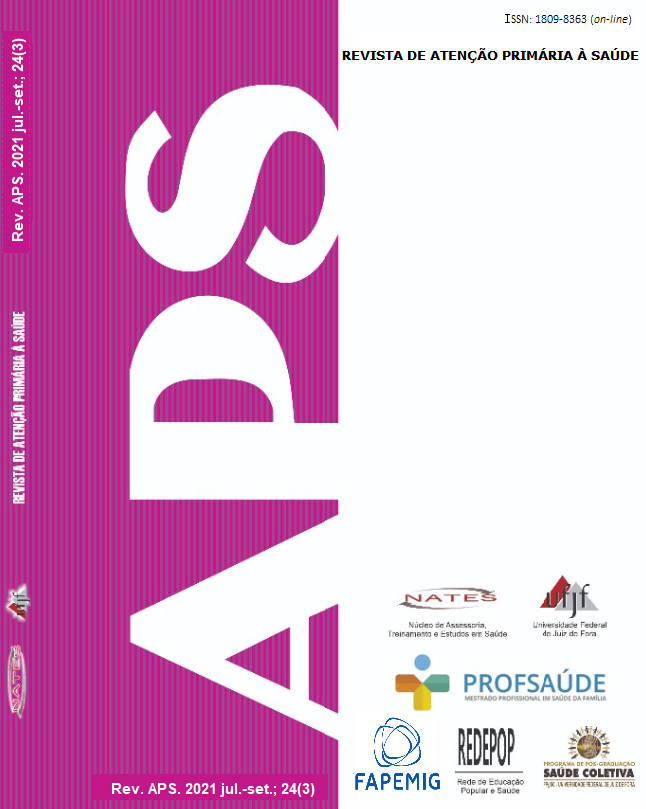Atitudes e hábitos alimentares de mulheres privadas de liberdade: uma análise da garantia ao direito humano a alimentação adequada
DOI:
https://doi.org/10.34019/1809-8363.2021.v24.32635Keywords:
Mulheres, Comportamento alimentar, Penitenciária, Direitos HumanosAbstract
The Brazilian female prison population lives in precarious conditions of seclusion and laws regulate the right to quality food for this population. The objective was to evaluate attitudes and eating habits of women deprived of their liberty from the perspective of the human right to adequate food and to investigate the changes that occurred in food throughout the encarcerament. This is a descriptive study. The data was investigated through recorded conversation, asking about the consumption and satisfaction of the interviewees about the food received and the changes in the eating pattern before and during prison. Responses were analyzed using the content analysis method. Nine women participated in the study. Were verified the offer of 4 meals a day, composed of a food of low sensory and nutritional quality, presenting a monotonous food pattern and with little variability of food and nutrients, being described as inferior to that kept outside the prison.











